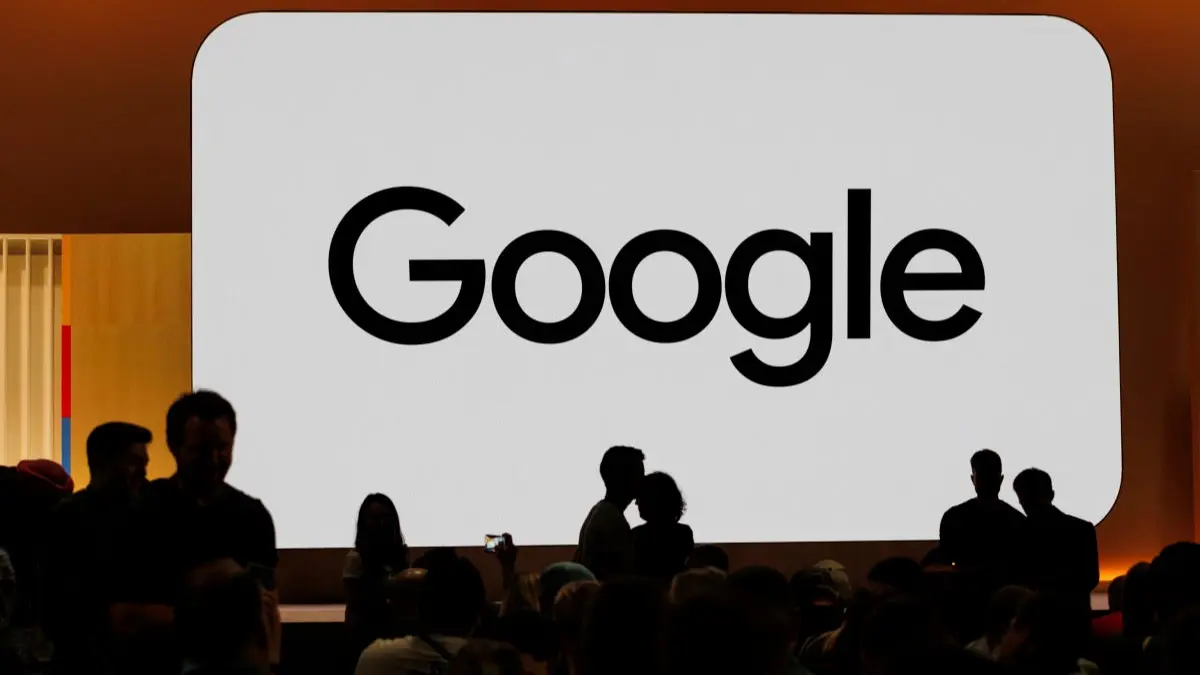Updated 17 April 2025 at 22:05 IST
US Court Deals Blow to Google in Antitrust Case Over Digital Ads
The ruling could prove to be a defining moment in the U.S. government’s broader efforts to rein in Big Tech.
- World News
- 4 min read

In a major win for U.S. antitrust enforcers, a federal judge ruled on Thursday that Google unlawfully monopolized key parts of the online advertising technology market. The decision could open the door to dramatic changes in how Google operates its digital ad business — and even lead to the forced sale of some of its products.
U.S. District Judge Leonie Brinkema in Alexandria, Virginia, found that Google broke the law by dominating two critical segments of the ad tech market: publisher ad servers and ad exchanges, which act as the middlemen between advertisers and websites. However, she said the Justice Department did not prove Google had an illegal monopoly in the advertiser ad network market.
The ruling stems from a lawsuit brought by the Department of Justice and a group of U.S. states. Prosecutors accused Google of using “classic monopoly-building tactics” — like buying up rivals, locking in clients, and tightly controlling ad transactions — to build and maintain its dominance.
What Happens Next
With this ruling, the DOJ can now push for a court order requiring Google to break up parts of its advertising empire. In particular, officials have called for Google to sell its Google Ad Manager platform, which includes both the ad server and ad exchange found to be monopolized.
Advertisement

The company also faces a separate trial next week in Washington over its dominance in online search. That case could force Google to divest its Chrome browser and take other steps to reduce its power in that market.
If both courts side with prosecutors, Google could face the prospect of multiple judges ordering it to split up key parts of its business — a rare and aggressive move in the world of antitrust enforcement.
Advertisement
Google Pushes Back
At trial, Google defended itself by arguing that the DOJ’s case was focused on outdated business practices, as per a report from Reuters. Company lawyers said that when the actions in question took place, Google was still developing tools to work with competitors. They also pointed to growing competition from Amazon and Comcast, especially as digital ad dollars increasingly shift to mobile apps and streaming platforms.

Still, Thursday’s ruling marks a sharp setback for the tech giant, which has long been under scrutiny from regulators in the U.S. and abroad. The company had reportedly explored selling off its ad exchange business in Europe last year, in an effort to avoid similar legal action there.
A Turning Point?
The ruling could prove to be a defining moment in the U.S. government’s broader efforts to rein in Big Tech. It also signals a rare judicial willingness to intervene in complex digital markets where traditional monopoly rules have been difficult to apply.
The outcome of this case — and the one starting next week — could reshape not just Google’s business model, but the entire online advertising industry. Meanwhile, another Big Tech company, Meta, is also facing scrutiny. On April 14th, an anti-trust trial against Facebook/Meta began. The FTC believes that Meta acquired Whatsapp and Instagram to create a monopoly in the market of “personal social networking services". The trial will determine if Meta should be broken up.
Here is What Else You Need to Know
Anti-trust trials are not that common in the US. During the Gilded Age, certain companies acquired extraordinary power in the US. As a reaction, many of them were broken up, such as Standard Oil in 1911, Aluminum Company of America in 1945, AT&T in 1982.
However, in the following years, FTC lost its teeth. During the late 90s, the DOJ argued that Microsoft was a monopoly. Although the initial ruling in 2000 declared that Microsoft be broken up, the final ruling, which was a result of Microsoft's appeal, determined that Microsoft needn't be broken up.

In recent years, a neo-Brandeisian movement has emerged in the US, on both sides of the political aisle, largely as a reaction to the immense amount of power, Big Tech has amassed. FTC's chairman under Biden, Lina Khan, the current US Vice President JD Vance, Trump's erstwhile advisor Steve Bannon, Republican Senator Josh Hawley, all are quite skeptical of Big Tech. Vance, Hawley and Bannon have even praised Lina Khan publicly, who is not a Republican. Some Republicans have gone as far as calling themselves “Khanservatives”, to display their neo-Brandeisian views.
Why is all this relevant? Well, it is relevant because it reveals that the political environment we are in today is quite different from the one of late 90s, when Big Tech wasn't reviled. Today, large swaths of Americans view Big Tech negatively. Google and Meta may not be as lucky as Microsoft. Will they be broken up, like Standard Oil was? Only time will tell.
Published By : Sagar Kar
Published On: 17 April 2025 at 21:51 IST
